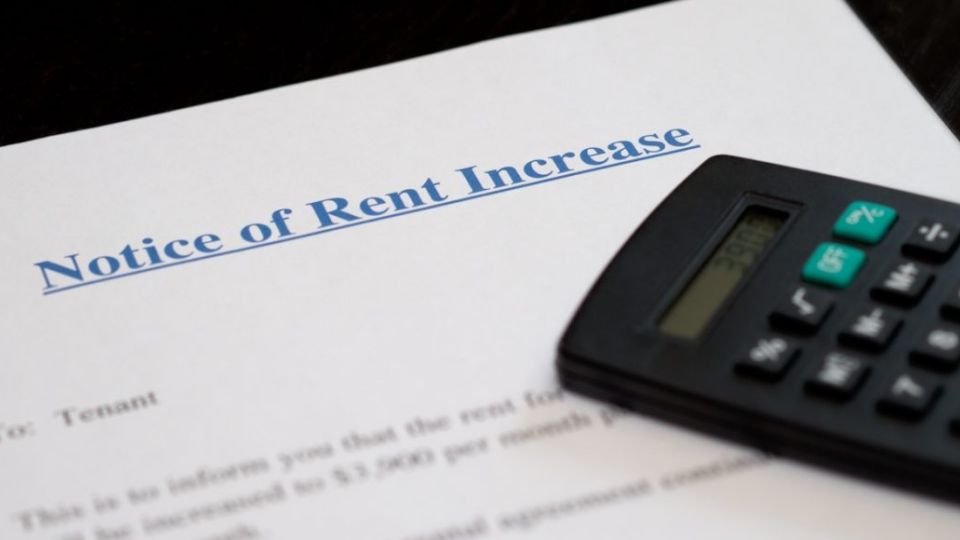Due to the rising rental costs, several states have implemented rent control laws to maintain affordable housing for the general public. Other states, like Florida, argue that rent control restricts housing availability and have even prohibited the practice. Here’s an overview of how rent control and rent increase laws operate in Florida.
Does Florida Have Laws for Rent Increase?
Florida does not have specific laws regarding rent increases. Florida takes additional steps by being one of several US states that enforce a preemptive ban on rent control. This prevents individual cities and counties from implementing rent control regulations unless in exceptional situations. There are very few local rent increase laws in Miami, Orlando, Tampa, and other Florida cities because of the statewide restrictions imposed on them.
Florida Rent Increase Limit (2024)
As of March 2024, there is no cap on rent increases in Florida. Landlords can charge rent based on what tenants are willing to pay. Nevertheless, the absence of rent increase limits does not imply that landlords can demand excessively high rates that tenants must agree to.
Instead, housing is viewed as a regular product influenced by supply and demand. When the landlord increases the rent significantly, the tenant can choose to relocate, which compels landlords to maintain competitive prices. Florida is known for being a state that is welcoming to businesses and has a more affordable cost of living compared to places with rent control policies. They have chosen to allow the market to determine rents instead of government interference.
Florida Rent Increase Notice Requirements
Florida does not have specific laws regarding the amount of notice needed for rent increases. However, certain laws govern the notice period needed to end a lease agreement. Landlords should adhere to termination guidelines if they choose not to renew the lease for safety reasons. The guidelines for termination necessitate the following notice:
- 60 days for a yearly lease
- 30 days for a quarterly lease
- 15 days for a month-to-month lease
Therefore, a landlord has the right to notify you about a rent increase one week before your lease ends. If you choose not to renew, they are required to provide you with a 60-day notice before terminating the agreement (for a yearly lease). Most experienced landlords will give you plenty of notice, so if you choose not to renew, it won’t be a problem for them.
Also Read: New Rental Laws in California Starting From July 1, 2024
Florida Rent Laws vs Other States
Some states, such as California and Oregon, have laws that control rent at a statewide level. New York and Maine do not have statewide laws on rent control, but they permit cities and counties to create their own regulations. Many states, such as Florida, have a pre-emptive ban on rent control. This means that the government cannot impose restrictions on the amount landlords can charge in rent.
Florida Rent Increase Laws Conclusion
Florida tenants often face challenges due to the absence of rent control laws, especially when dealing with significant rent hikes. Yet, for numerous individuals, a significant draw of residing in Florida stems from the state’s relaxed approach and favorable conditions for businesses. In general, the state typically steers clear of regulations that may restrict natural market trends, such as rent control.
Florida boasts numerous small and mid-sized cities with a more manageable cost of living, making housing affordability less of an issue compared to states such as New York and California. While there are no rent control laws in place, tenants should have no trouble finding affordable units in less affluent areas.



Leave a Reply